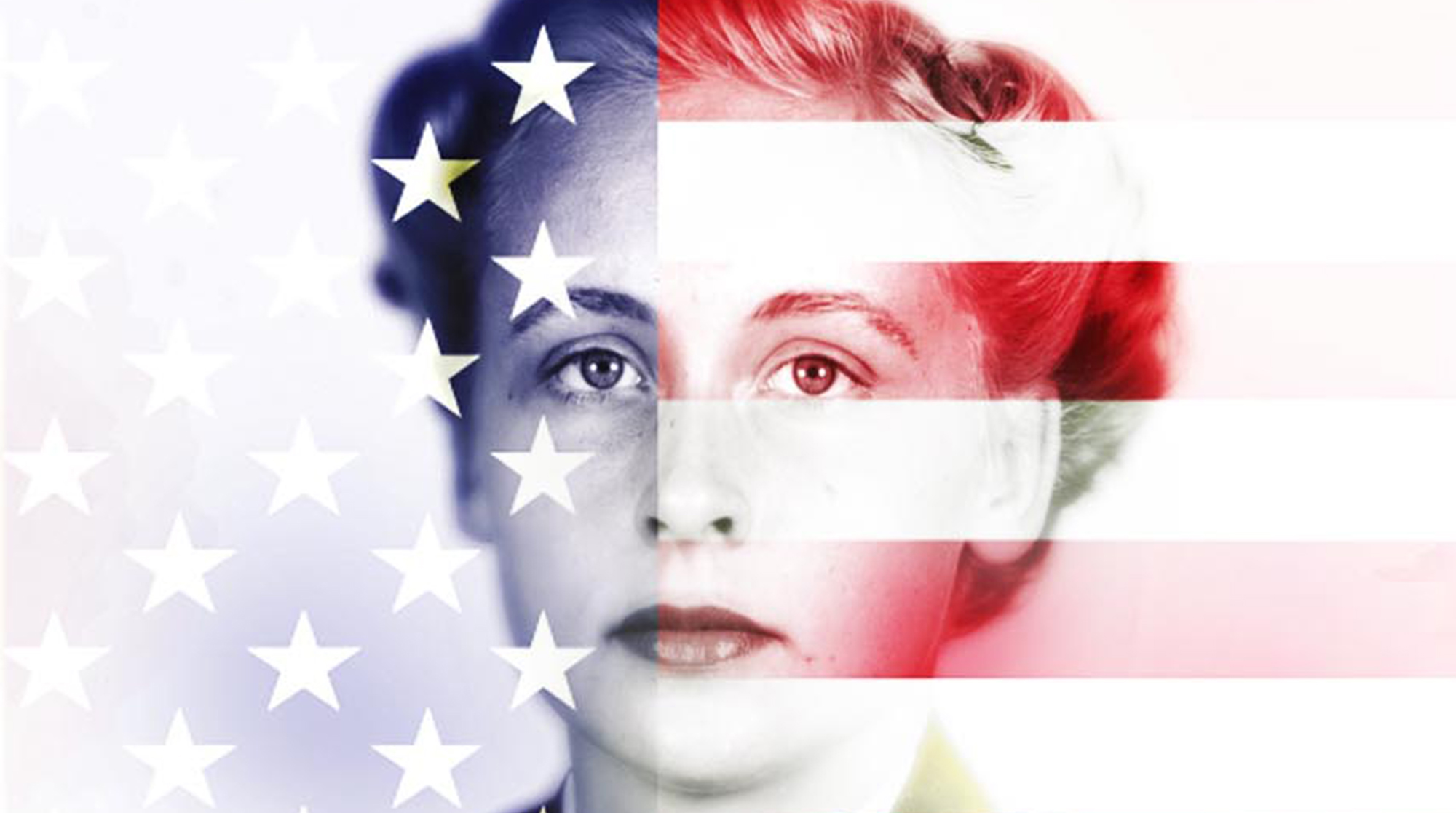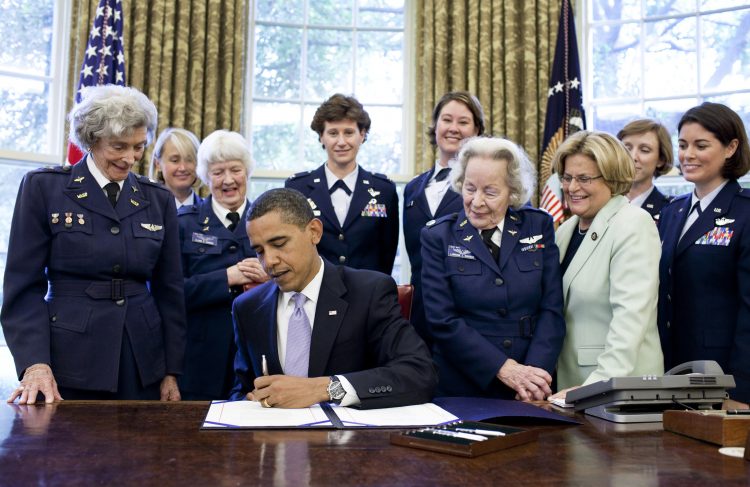

While the men of the U.S. Army Air Corps were flying fighters in Europe during World War II, Nancy Nordhoff Dunnam, ’44, and fellow female flyers in the Women Airforce Service Pilots (WASP) flew stateside. They piloted aircraft from factories to military bases, and towed aerial targets for live gunnery practice. The idea was to free male pilots for aerial combat in Europe.
Dunnam was one of only 1,074 courageous, trailblazing women selected out of more than 25,000 applicants to become WASPs in 1944. She kept a steady hand on the throttle flying missions and even had to bail out of her plane once when the engine caught fire.
The WASPs flew more than 60,000 miles in every imaginable kind of aircraft including B-26 and B-29 bombers. Some 38 of these fly gals died during their efforts but after the war they did not qualify as veterans, their contributions were unacknowledged and their records sealed for more than 30 years.
Even worse, the women who died were denied military honors and surviving pilots denied military benefits. Recognition came when the Air Force issued a press release in 1977 saying the service was training the first women ever to fly military aircraft. The unsung heroine WASPs called their congressional representatives and senators demanding official recognition for their earlier contributions.
Dunnam was one of 300 surviving WASPs who traveled to Washington D.C. in 2010 to receive the Congressional Gold Medal. Former President Barack Obama signed the WASP Congressional Gold Medal into law in 2009. Nancy Dunnam died March 12 in Bellevue at age 93.

White House Photo by Pete Souza
Nancy Dunnam attended Whitman College in Walla Walla but transferred to the UW to be closer to home when war broke out. She ended up going to Eastern Washington with a friend from Whitman to get her private pilot’s license because the West Coast was closed to private planes.
“She was about 20 years old when she and a friend went off to Sweetwater, Texas to join the WASP,” says James Dunnam, her son.
Dunnam belonged to a family with deep Seattle and UW connections. Edward and Josephine Nordhoff founded the Bon Marche (now Macy’s). Her daughter-in-law, Mary Dunnam, is a former president of the Board of the Burke Museum and now co-chairs the Capital Campaign for the New Burke. The Nordhoff and Dunnam families have been generous contributors to the UW for decades.
In her last quarter at the UW, Nancy Dunnam took a residential design course. Subsequently in early 1950 she designed the house in Bellevue where her children were raised and where she lived the rest of her life.
Learn more about WASPs in this video: